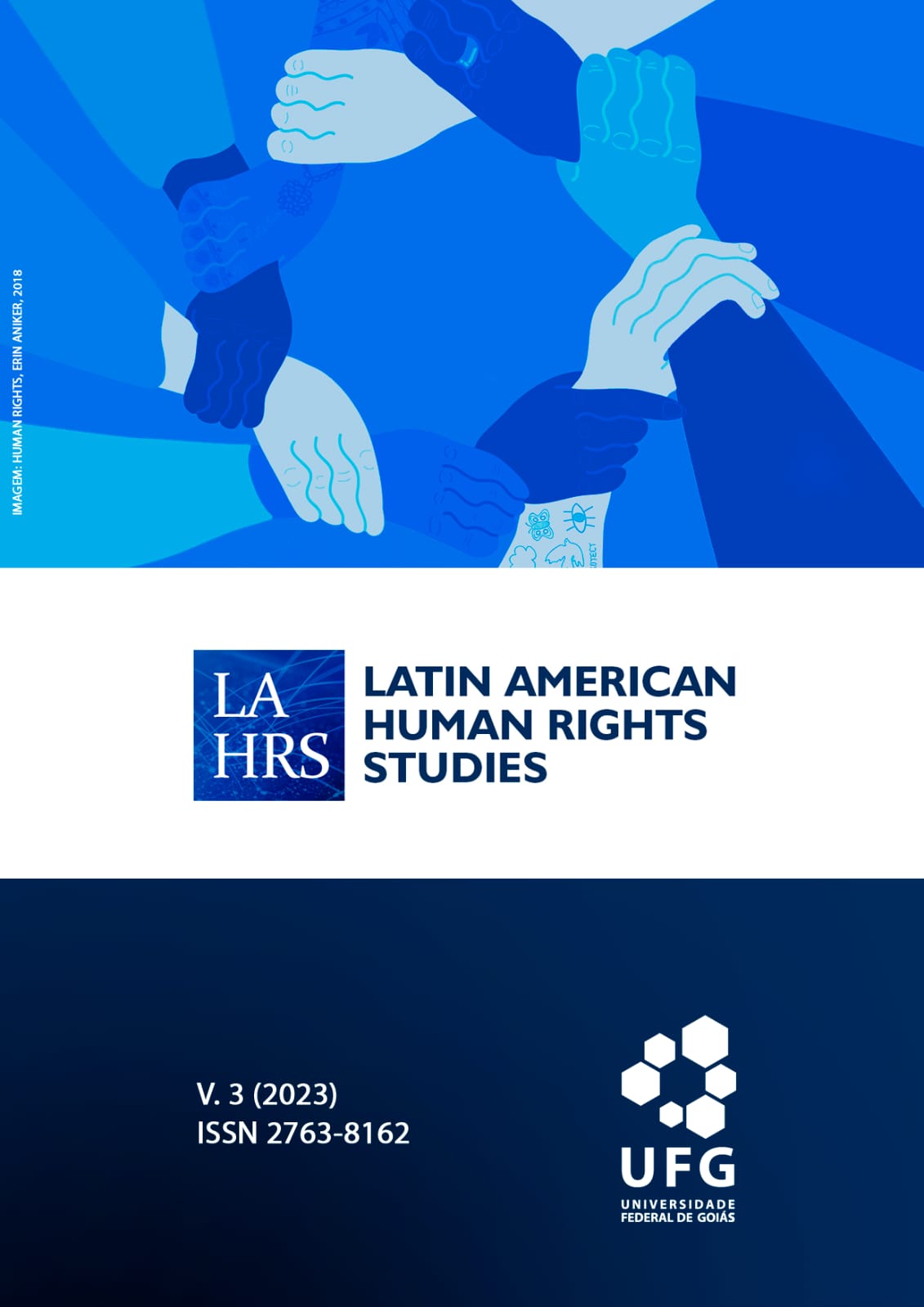Scientific Dissemination, Misinformation, and Human Rights
Keywords:
Misinformation, scientific dissemination, human rights, digital platforms, social networksAbstract
One of the great challenges of contemporary science is to promote the dissemination of knowledge in times of misinformation. An obstacle stands in the way of scientific dissemination: the industrialized production of falsehoods, which ultimately distorts, falsifies, forges, decontextualizes, and/or withholds information about scientific content. So-called fake news has today become the main barrier to the popularization of science. The article discusses conceptual and historical issues related to misinformation, understood as a powerful weapon of political strategy and ideological warfare. It examines research on denialist discourse regarding the Covid-19 pandemic, which flooded Twitter with fallacious messages about the supposed cure for the disease through early treatment—a discourse contested by health authorities. It addresses the violation of human rights on social networks, especially due to 1) the omission and inaction of government institutions; 2) the lack of transparency on the part of digital platforms; and 3) the business model of technological conglomerates. Confronting misinformation requires changes in this economic architecture to seek a more plural, democratic communication network that respects human rights.
Downloads
Published
Issue
Section
License
Copyright (c) 2023 Latin American Human Rights Studies

This work is licensed under a Creative Commons Attribution 4.0 International License.
CC BY (Attribution 4.0 International): This license allows reusers to distribute, adapt, and build upon the material in any medium or format, so long as attribution is given to the creator. The license allows for commercial use. See the full license.


